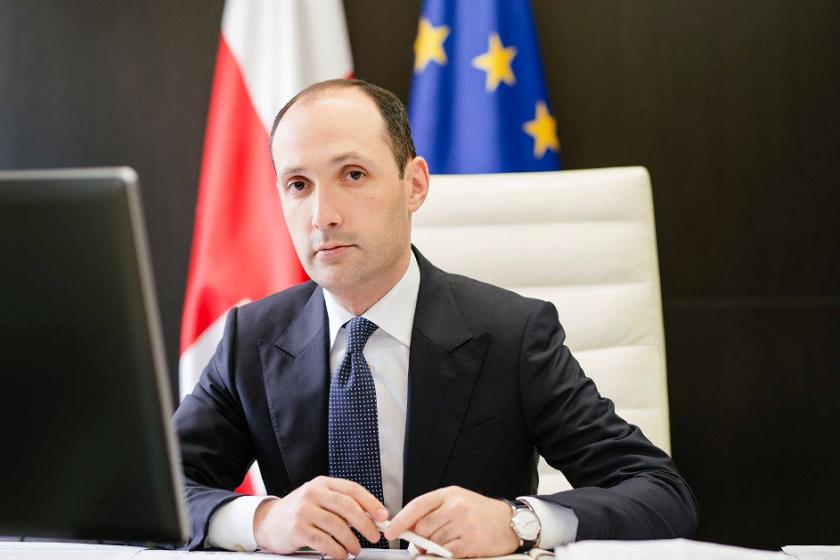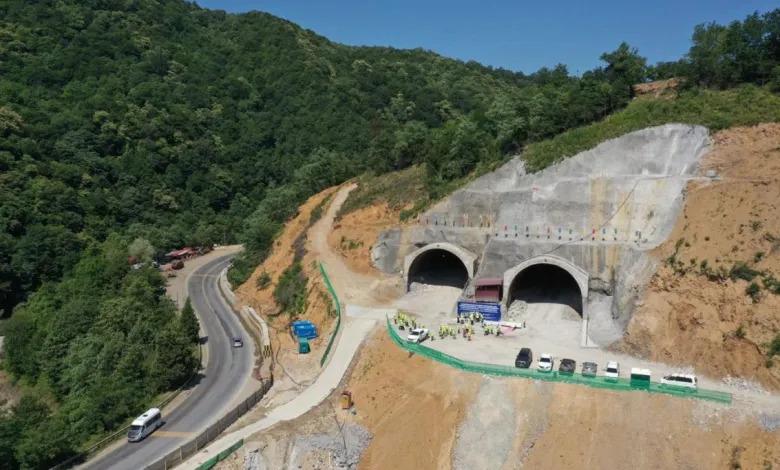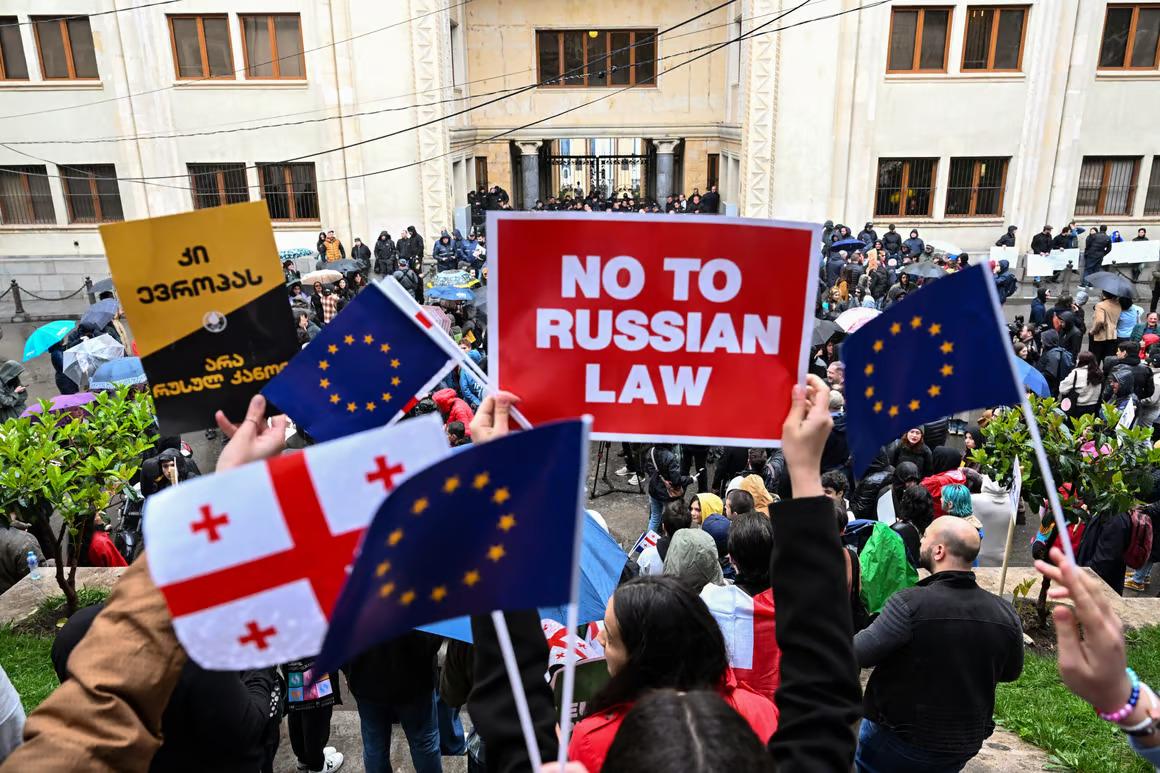Georgia's deep seaport project with China faces fierce criticism Balancing act amid geopolitical shifts
Georgia, situated at the crossroads of Europe and Asia, has long been a focal point for geopolitical maneuvering. Its strategic location, nestled between the Black Sea and the Caucasus Mountains, positions it as a crucial gateway for trade and transportation routes linking Europe, Asia, and the Middle East. In recent years, Georgia has embarked on ambitious infrastructure development projects aimed at capitalizing on its geopolitical advantages and spurring economic growth. However, these endeavors have been accompanied by challenges and controversies, particularly regarding the involvement of Chinese state-owned companies and the implications for Georgia's geopolitical positioning.
Anaklia port project: Gateway to economic prosperity
Minister of Economy and Sustainable Development Levan Davitashvili announced that the winner in the Anaklia Deep Sea Port private partnership selection competition is the Chinese-Singaporean consortium, which will be officially announced in the coming days.
Two of the companies named by Minister Davitashvili have controversial reputations: China Communication Construction Company Limited was blacklisted by the US Department of Commerce. At the same time, the World Bank has sanctioned China Road and Bridge Corporation for fraudulent practices.

At the forefront of Georgia's infrastructure development plans is the Anaklia Deep Sea Port project, envisioned as a vital gateway for trade and commerce in the region. The port, located in the Black Sea town of Anaklia in north-western Georgia, holds the promise of unlocking new economic opportunities and enhancing connectivity with global markets.
However, the selection of a Chinese-Singaporean consortium for the port's development has raised eyebrows, given the consortium's controversial track record. China Communications Construction Company Limited, one of the companies involved, has been blacklisted by the US Department of Commerce, while China Road and Bridge Corporation has faced sanctions from the World Bank for fraudulent practices. Despite these concerns, the Georgian government has proceeded with the partnership, citing the need to attract investment and stimulate economic growth.
Infrastructure development challenges: Lessons from past projects
Georgia's experience with Chinese companies involved in previous infrastructure projects offers valuable insights into the challenges and complexities of such partnerships.
The Khulo-Zarzma road project, aimed at improving connectivity between the Samtskhe-Javakheti and Adjara regions, serves as a cautionary tale. Delays, quality issues, and environmental concerns plagued the project, ultimately leading to the termination of contracts with Sinohydro Corporation LTD, a Chinese state-owned company.

Similar challenges have been observed in the construction of the Rikoti road, a vital transit route connecting eastern and western Georgia. Landslides, delays, and safety issues have marred progress on the highway, highlighting the risks associated with relying on Chinese firms with troubled histories.
Western concerns & Georgia's strategic dilemma
Georgia's deepening ties with China have not gone unnoticed by its Western allies, who view the country's alignment with China with apprehension. The Western skepticism stems from concerns about economic dominance, political convergence with Chinese practices, and potential security implications.
The use of EU funds for projects involving Chinese companies has raised eyebrows among Western observers, who question the wisdom of such partnerships. While Georgia seeks to balance its Western alliances with its growing ties with China, the geopolitical implications of its choices are significant.

As Georgia navigates the complex web of geopolitical dynamics, it faces a delicate balancing act. On one hand, the country seeks to capitalize on its strategic location and attract foreign investment to fuel economic development.
On the other hand, it must tread carefully to avoid alienating its Western partners and risking its security and sovereignty. Finding the right balance between economic interests, geopolitical considerations, and national security imperatives is paramount for Georgia's long-term stability and prosperity.
Conclusion: Forging a path forward
Georgia's infrastructure development efforts hold immense potential for unlocking economic opportunities and enhancing regional connectivity. However, the challenges and controversies surrounding these endeavors underscore the need for careful planning, transparency, and accountability.
As Georgia continues to navigate the complexities of geopolitics and economic development, it must prioritize the interests of its people while safeguarding its sovereignty and security. By forging partnerships based on mutual respect, transparency, and adherence to international standards, Georgia can chart a course toward sustainable growth and prosperity in the years to come.








